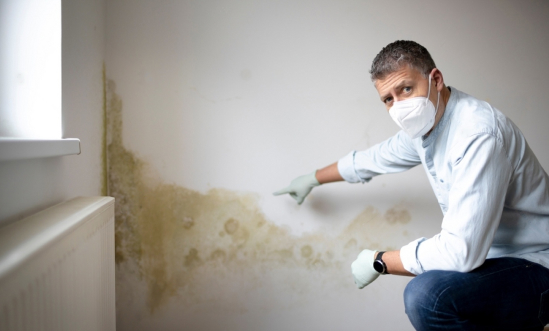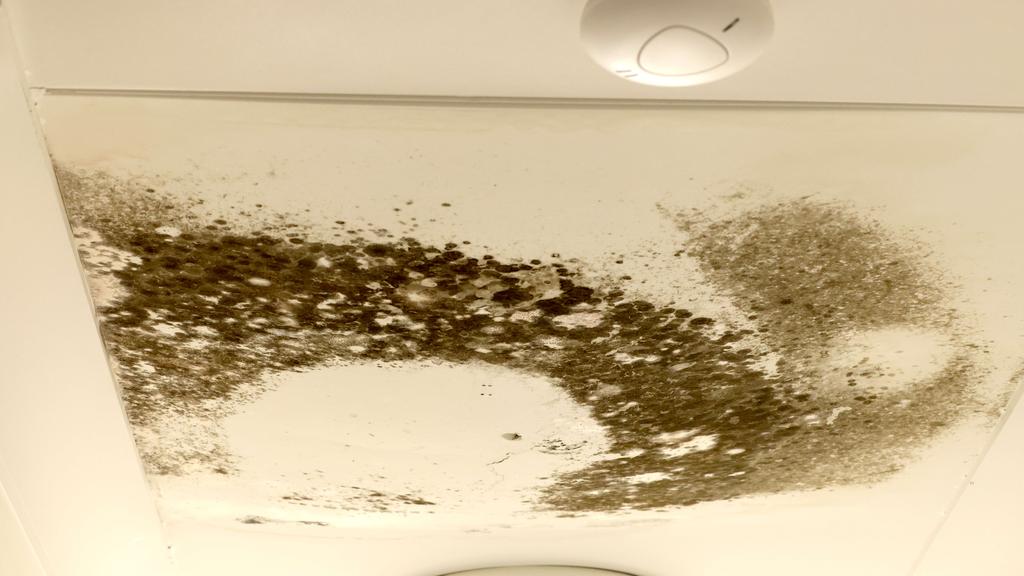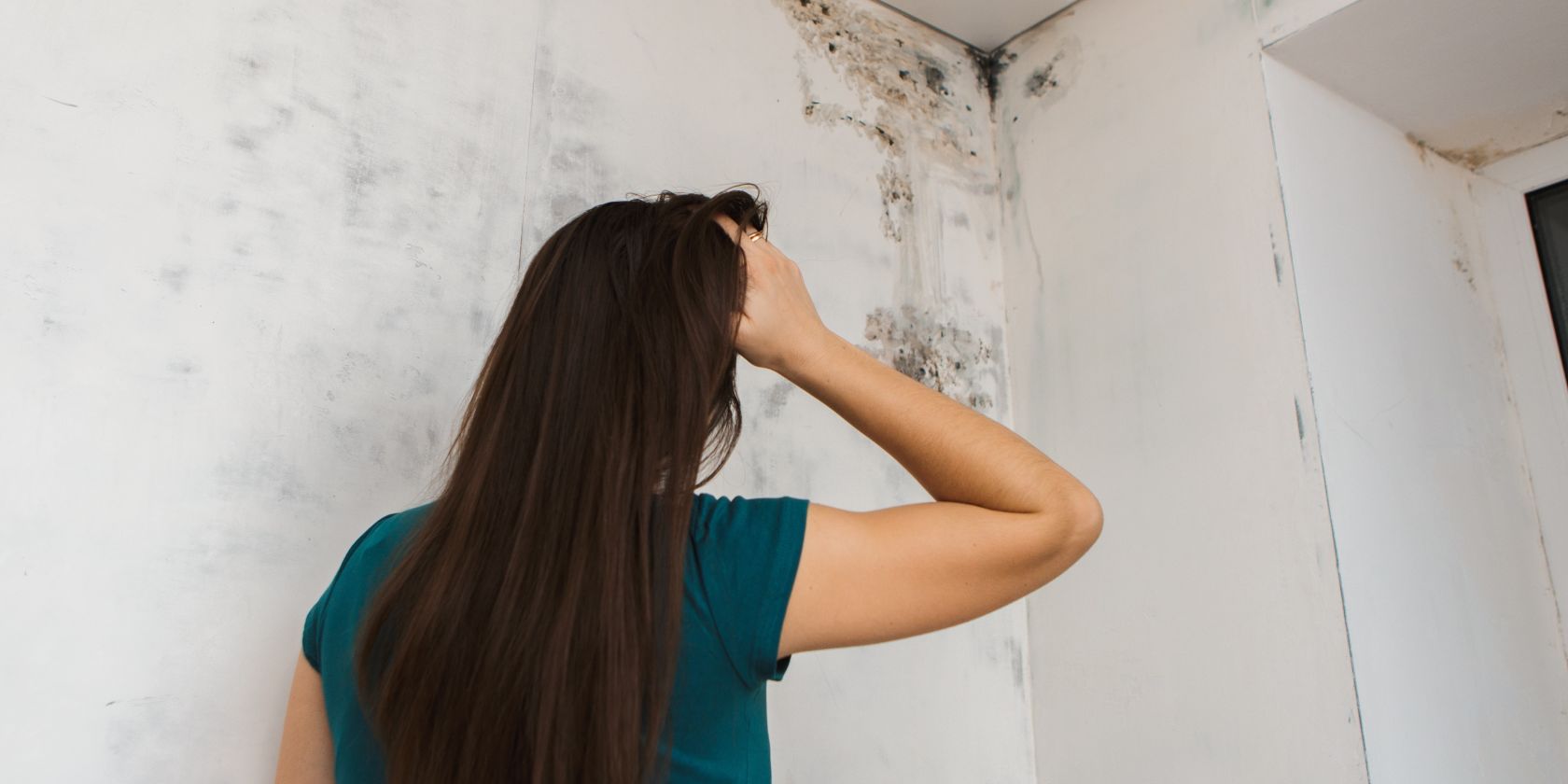Mould News
What is Mould?
Mould is a fungus that grows in damp and humid environments, and it can spread through spores in the air. It can grow in buildings on surfaces such as walls, ceilings, floors, and even on furniture and clothes.Mould is a clever living organism, it often likes to hide, it can also be different colours and may smell. Not all mould is toxic, it is the airborne mycotoxins which cause health issues.
Mould can cause health problems, especially for people with respiratory problems or weakened immune systems. Common symptoms of mould exposure include coughing, headaches, sneezing, brain fog, dizziness, lethargy, infections and allergic reactions.
Mould fact: 25% of the population have a gene which makes them sensitive to mould and predisposed to mould illnesses.
The rate at which mould grows in a building depends on several factors, including the moisture content of the environment, the temperature, and the presence of nutrients like dust and organic matter. In general, mould can begin to grow within 2-48 hours of exposure to water or moisture. If left untreated, it can spread rapidly, and a small patch of mould can quickly become a significant infestation that is more difficult and costly to remove. It is essential to address any water damage or leaks in a building promptly and to maintain proper ventilation and humidity control to prevent mould growth.
Australian Statistics
1 in 3 people are living in Mould in Australia
3 out of 4 of Australians have experienced mould in their homes
NSW has the highest reports of homes impacted by mould
Top causes being lack of ventilation in wet areas (35%), high humidity (32%) and storm/flood damage (17%). Data from Suncorp, after analysing 20,000 homes mould related claims from 2021-2022

More Insights from Suncorp Insurance claims data and research found:
85 per cent of mould-related claims were caused by natural hazard events (storms and floods), with the second most common cause being escape of liquid (13%) - this includes claims where pipes inside the house leak or burst.
If mould were to appear in their homes, over half (57%) of Australians would have to rely on someone else to safely treat it and remove it, with:
- 30% relying on Google for information and direction
- 12% calling in an expert
- 6% asking family and friends for help
Throughout the timeline analysed (October 2021 – September 2022), mould-related claims peaked in March 2022 – with over a third (37%) occurring in the month just after the East Coast Floods



